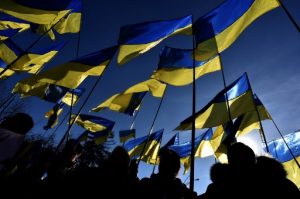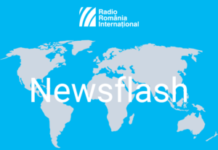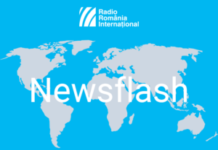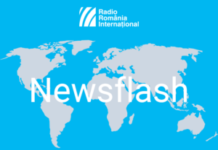EU member states have managed to supply, in just the past few days, one-quarter of the artillery shells promised to Ukraine for the entire year. In Tuesday’s meeting of EU defence ministers in Brussels,the EU diplomacy chief Josep Borrell said the European bloc provided Ukraine with some 220,000 shells and 1,300 missiles. He also said the Union mobilised EUR 10 bln to be able to provide military support to Ukraine, of which EUR 5.6 bln under the European Peace Facility and the balance from the military industry and member states.
NATO also carries on ammunition deliveries. Attending the EU meeting, the NATO secretary general Jens Stoltenberg pointed out that, over the past few months, Ukraine received Leopard, Challenger and Abrams heavy tanks. The UK has sent modern long-range missiles, while other Allies, including the US, Germany, Poland and the UK have started training Ukrainian pilots for the F-16 aircraft to be supplied to Kyiv.
Also attending Tuesday’s meeting in Brussels, the Romanian defence minister Angel Tîlvăr said the current context proved that the defence budget must be increased. In this sector, there are no expenses, but investments, and Romania has understood this, Angel Tîlvăr said:
Angel Tîlvăr: „Romania’s reputation is improving steadily, thanks to its consistency and to the fact that it understands that in defence it’s not about spending, but about investing. And the situation today proves that we have made the right decision when we increased the budget to 2% over the past 6 years. And the 2.5% of GDP earmarked this year for defence enables us to purchase or produce further equipment and high-tech capabilities able to meet citizens’ expectations that the Army must ensure peace, predictability and stability.”
According to the defence minister Angel Tîlvăr, the talks in Brussels revealed enhanced cohesion between the EU and NATO:
Angel Tîlvăr: „The NATO secretary general taking part in the EU meeting was important, because the discussions we had and the fact that there were nuances in our solidarity led to enhanced cohesion in terms of the cooperation between the European Union and NATO.”
On Monday, one day before the meeting of EU defence ministers, Brussels also hosted a meeting of the bloc’s foreign ministers. For Romania’s diplomacy chief, Bogdan Aurescu, this was an opportunity to point out that Romania supports uninterrupted support for Ukraine at all levels, concurrently with further sanctions and international isolation for Russia. (Roxana Vasile, Radio Romania International)











